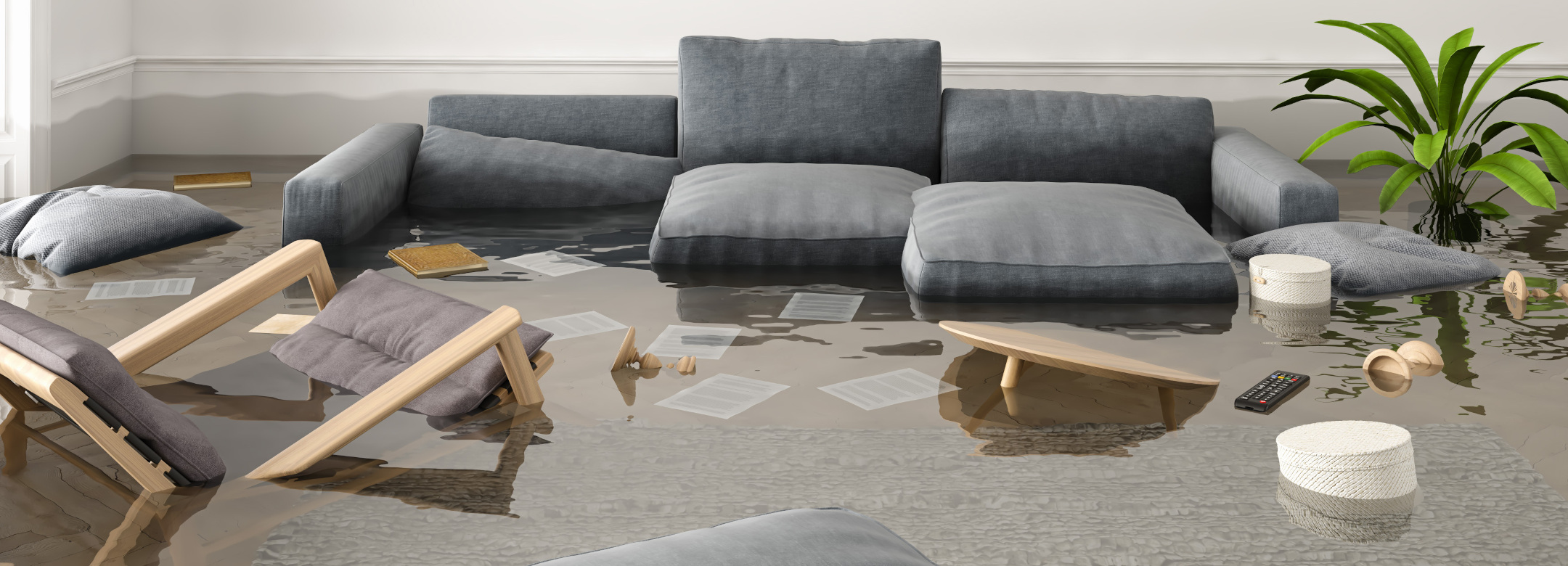Water Damage Vs. Flood Damage – What’s the Difference?
While many people use the terms “water damage” and “flood damage” interchangeably, there are significant differences between these two forms of property damage. Knowing the differences is critical when filing an insurance claim, working with remediation companies, and getting proper compensation. Water damage is typically caused by rain. Flood damage is caused by excessive water. Both are devastating, and it’s essential to understand what damage each causes.

Homeowner’s insurance does not cover flood damage.
If you live in an area prone to flooding, you should consider purchasing flood insurance. The National Flood Insurance Program (NFIP) is sufficient coverage for most flooding events. If you’re wondering whether your homeowner’s insurance policy covers flood damage, the first step is collecting evidence. Your agent will ask you several questions about injury and estimate repair costs. It’s a good idea to manage your receipts so you can submit a claim.
Although flood damage Brunswick is not covered by standard homeowners insurance, purchasing additional coverage through FEMA’s National Flood Insurance Program is possible. If you live in a high-risk flood zone or on a steep hill, you may want to consider buying a separate flood insurance policy to cover any losses from natural floods If you’re wondering if the flood damage is covered under your policy, contact your insurance agent and ask about their coverage.
Preventative measures to protect a home from water damage
Water damage is a severe threat that can ruin property and harm people’s health. In addition to destroying home items, water damage poses health hazards, as it promotes mold growth, producing toxic toxins. Many causes of water damage include extreme weather conditions, improper maintenance of household appliances, and poor piping systems around the house. In addition, a tiny leak or overflow can cause expensive damages, such as damp walls and mold growth.
While you’re away, turn off the main water valve to prevent water from backing up and damaging the entire house. Also, shut off the water in toilets and sinks before leaving. This simple precaution can save thousands of dollars in repairs.
Insurance coverage for water damage
If you are wondering if your home is covered for flood or water damage, it is essential to understand the differences between these two types of insurance. Usually, standard homeowners insurance policies do not cover flood damage, but there are specific ways to ensure your home is protected. You should consider getting flood insurance if you live in a flood-prone area or on a steep hill. Otherwise, you might be left holding the bag.
Fortunately, there are some critical differences between flood and water damage, and you can find out how much coverage you need based on the type of damage. Flood insurance covers loss from a flood, while water damage only covers sudden and accidental losses. Whether you’re covered for a flood or water damage depends on the source of the water. In most cases, flood damage coverage is more comprehensive than water damage coverage.
Insurance coverage for flood damage
If you live in a flood-damaged condominium, you may have questions about your insurance coverage. Flood damage often destroys a vehicle. Your insurance company may be able to cover the costs of flood damage if you file a claim. Typically, the condo corporation pays for the deductible, but the insurance coverage for flood damage is usually the responsibility of the individual owners. However, you should check with your insurance agent to determine if your policy covers flood damage.
When a flood occurs, your insurance company will send an adjuster to assess the damages. This adjuster will document the information provided and verify any information that you provide. In case of extensive flooding, the adjuster may need to wait until the flood recedes to assess the property. After evaluating the damage, the adjuster will determine if your claim is covered and how much you will have to pay. Your flood insurance may not cover items in your basement, so ensure you are covered for all items in your home.
